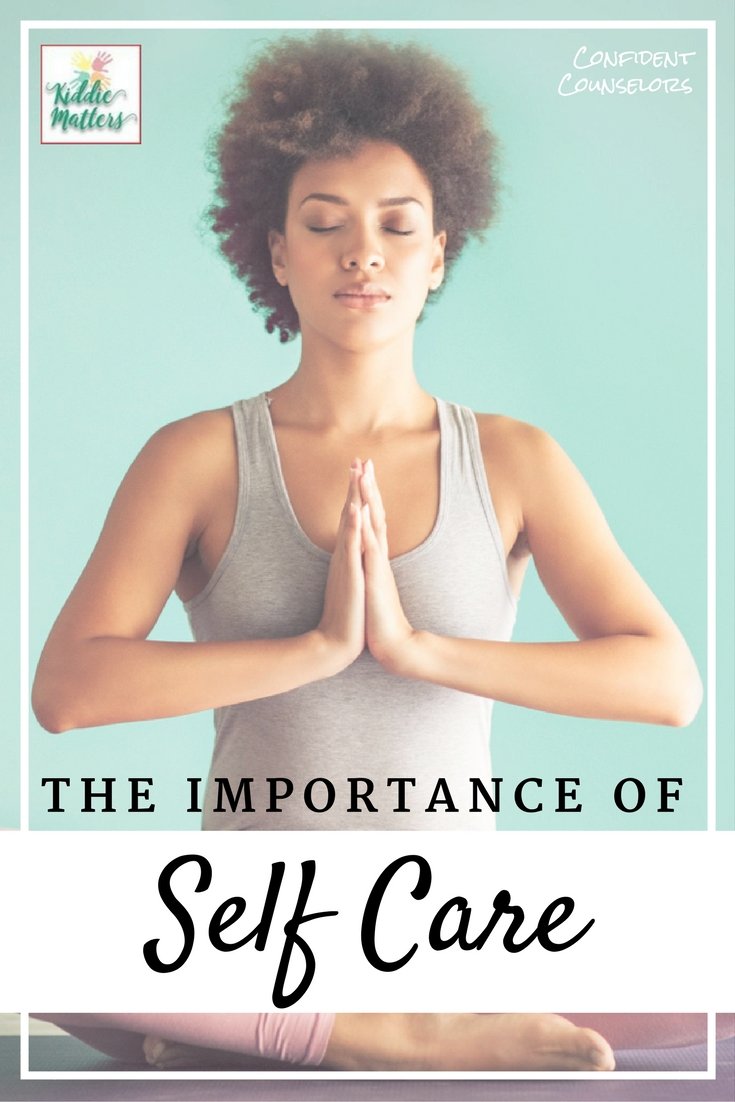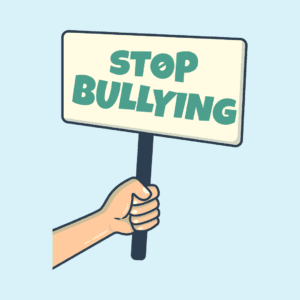Do you practice regular self-care? Many counselors preach self-care to others but often fail to follow their own advice. According to the American Counseling Association, the term self-care refers to “the activities and practices that are engaged in on a regular basis to maintain and enhance a person’s health and well-being.” When counselors don’t practice regular self-care, it’s easy to become overwhelmed with stress and eventually burnout. This is why it’s important to have a self-care plan in place.
Our lives can get hectic at times with deadlines, meetings, and unforeseen crises. We become obsessed with crossing off tasks on our to-do lists and lose sight of everything else. When we feel overwhelmed, self-care is usually the first thing to go out the window. Somehow taking time out to tend to our needs becomes a luxury and we feel guilty even thinking about taking time out for ourselves.
Self-Care Assessment
When you’re in the thick of things, you might not notice that you’re neglecting your needs. You become hyper-focused on completing a task and lose yourself in your work. The following are some questions Psychology Today suggests you ask yourself to help determine if you’re making your well-being a priority:
- Are you able to take time for yourself without feeling guilty?
- Do you believe you deserve self-care?
- Do you know the difference between self-care and self-indulgence?
- Do you realize self-care does not equal weakness?
- Are you OK with slowing down sometimes?
- Do you have a go-to list of activities?
- Do you make leisure time a priority?
- Have you made self-care a habit?
- Do you have a basic self-care plan, preferably in writing?
As you answer these questions, be gentle with yourself. Try not to judge your answers and just become aware of where you’re at with your needs. For a more thorough assessment, you can complete this Self-Care Assessment Worksheet
Self-Care Activities to Restore Balance
The American Counseling Association suggests that your personal plan should cater to the whole self and include activities from physical, cognitive, emotional, and spiritual domains. Here are some examples from each domain:
Physical Health Self-Care Activities
- Maintain a healthy, nutritious diet
- Engage in regular exercise (consult physician before starting an exercise program}
- Drink plenty of water
- Get enough sleep
- Practice yoga
- Get a massage
- Reduce stressors in your life (i.e. practice time management, learn to say ‘NO’)
Cognitive Self-Care Activities
- Meditation
- Journaling
- Mindfulness Practice
- Reading for leisure
- Practice the Zentangle Method
- Create Mandalas
- Become aware of your self-talk
Emotional Self-Care Activities
- Practice honoring and respecting your feelings
- Share your feelings with others
- Laugh (Don’t take yourself too seriously)
- Practice being in the present moment
- Deep breathing
- Create a gratitude journal
- Practice self-compassion
- Participate in activities you enjoy (i.e. cooking, knitting, scrapbooking, hiking, jogging, walking, etc.)
- Reach out to others for support
- Set positive boundaries
Spiritual Self-Care Activities
 Spend time admiring the beauty in nature
Spend time admiring the beauty in nature- Watch a sunrise or sunset
- Read spiritual texts
- Listen to spiritual music
- Connect with a spiritual community
- Plant and tend to a garden
In order to effectively help others, it’s important to make sure that you are in a good place physically, emotionally, cognitively, and spiritually. This isn’t a luxury and you should not feel guilty about taking time for yourself. You deserve to be happy, healthy, and at peace. There’s nothing wrong with making yourself a priority.








[…] your stress levels, promotes positive well-being, and prevents burnout. Check out these helpful self-care tips to get you started on creating a self-care […]
I am joining the self-care challenge and this helpful article has inspired me to make a list of daily goals. I am starting with watching the sunrise and the sunset this weekend. Thank you!!